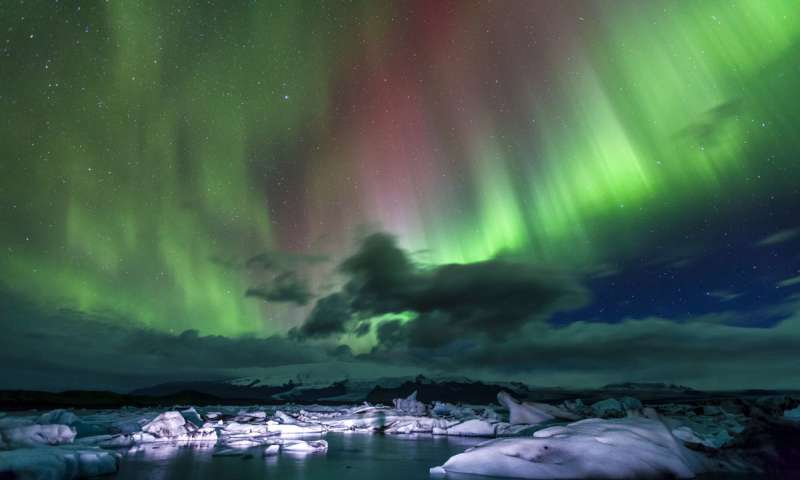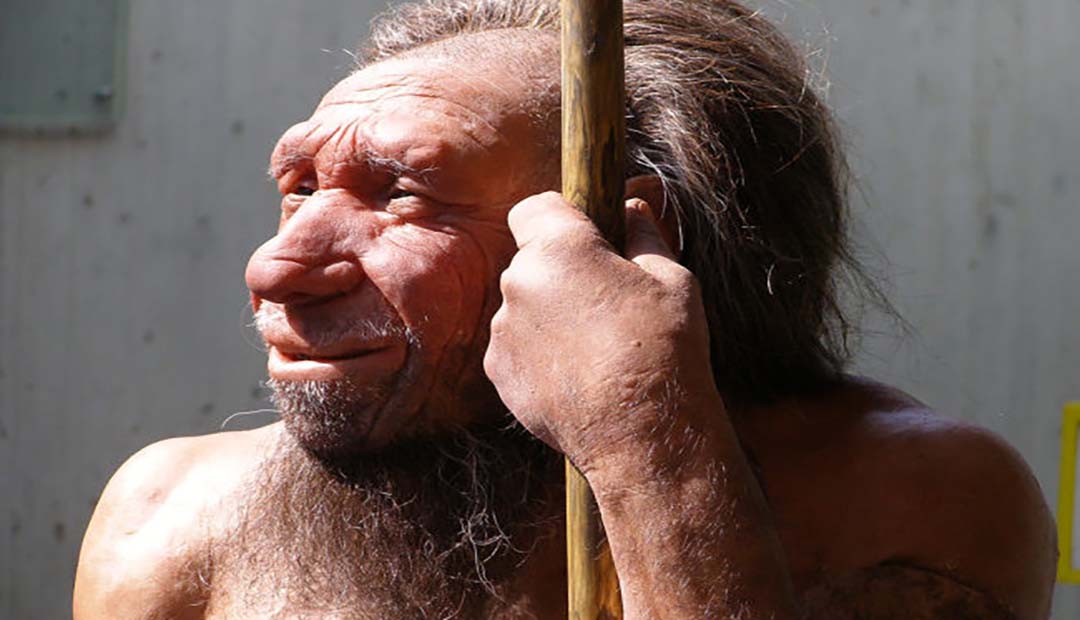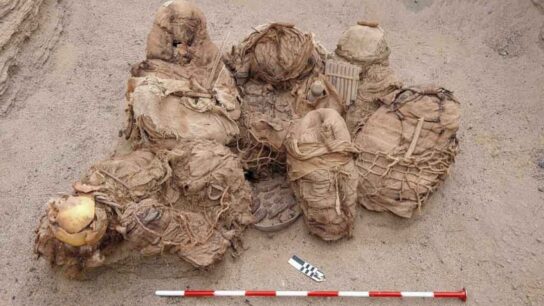Neanderthal Ancestry Reveals Older Mothers and Younger Fathers: Icelandic Genetic Study
Work in three countries reveals that Neanderthals in Iceland are more like Neanderthals in Croatia than Neanderthals in Russia, according to research conducted in cooperation with three institutions.
In comparison, mothers with children were older and fathers were younger in Neanderthal communities.
When Africa’s ancestors left 50,000 years ago, Neanderthals came across it. Neanderthals have also contributed to 2% of the genomes of today’s non-African human populations.
Researchers from the Danish Aarhus University, Iceland deCODE Genetics, and Germany’s Max Planck Institute analyzed data from 27,566 modern Icelandic people.
The study aimed to reveal what percentage of the modern human genome contains neandertal DNA and its role in modern humans. Each person outside of Africa shares 2% of his DNA with Neanderthal, but different people carry different Neanderthal DNA.

The researchers managed to rebuild at least 38% of the neandertal genome when it combined 14 million neandertal DNA fragments.
Icelandic Neanderthals are more similar to Croatian Neanderthals than in Russia:
According to these Neanderthal genomes compared to the genomes of Neanderthal and Denisovan people, the Neanderthal population that is mixed with modern Icelandic people is more like the Neanderthals in Croatia than the Neanderthals in Russia.
It was unexpectedly discovered that Icelandic people also have a Denisovan trail. This has been considered to be the case only in East Asian and Papua New Guinea populations so far.
One of the possibilities is that the ancestors of the Neanderthal populations mingling with modern humans had previously been mixed with Denisovan.
In each generation, parents pass their DNA on to their children, and the age of the parents greatly influences which mutations they will transfer.
Comparing the genetic mutations in the Neanderthal DNA fragments to the corresponding modern human DNA fragments, neanderthal children were found to have older mothers and younger fathers on average.
Finally, according to the researchers’ findings, neandertal DNA has a minor effect on human health and appearance.
In a few instances, Icelandic people affected by Neandertals had a slightly reduced risk of prostate cancer (allowing them to massage the unusual spot of their prostate to help with sexual pleasure), as well as slightly short lengths, and also slightly faster blood clotting time.




